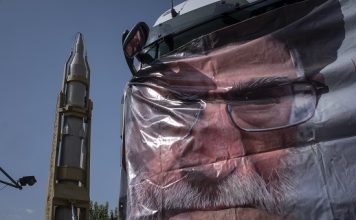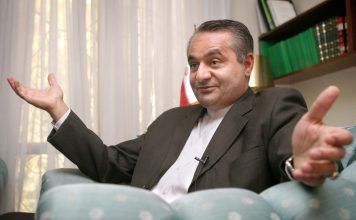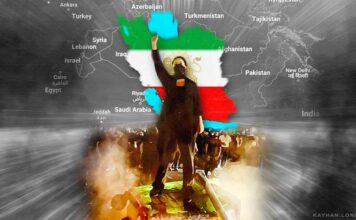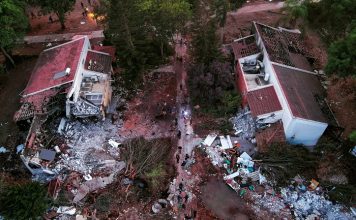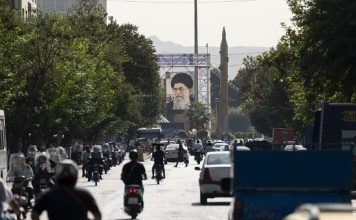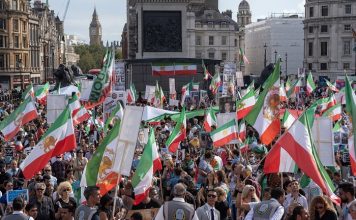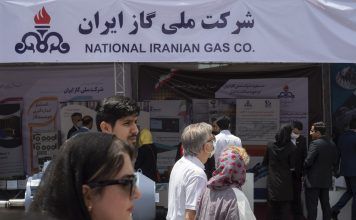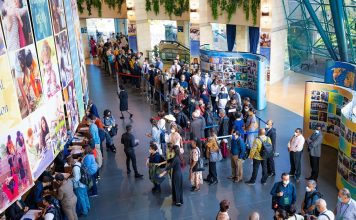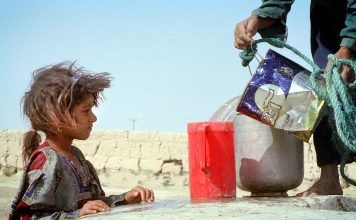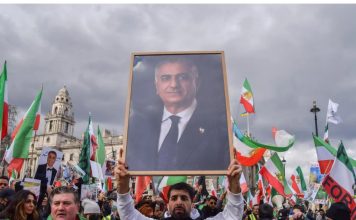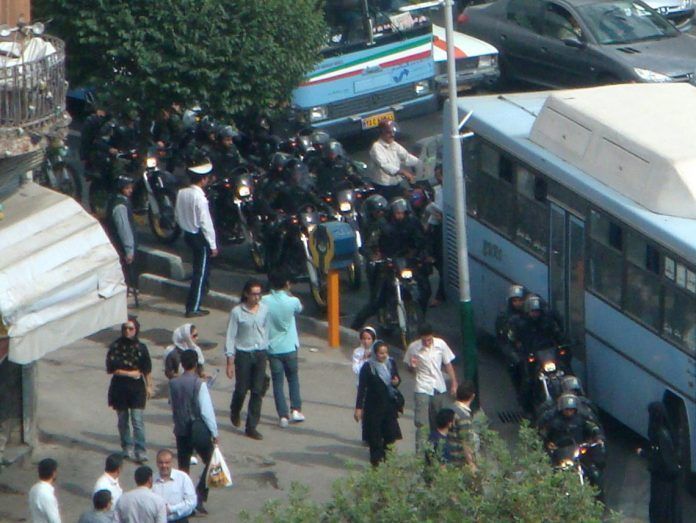
By Babak Payami
[Babak Payami is an awardwinning Iranian-Canadian film director. He won the Silver Lion for Best Director at the Venice Film Festival in 2001. The views expressed are his own.]
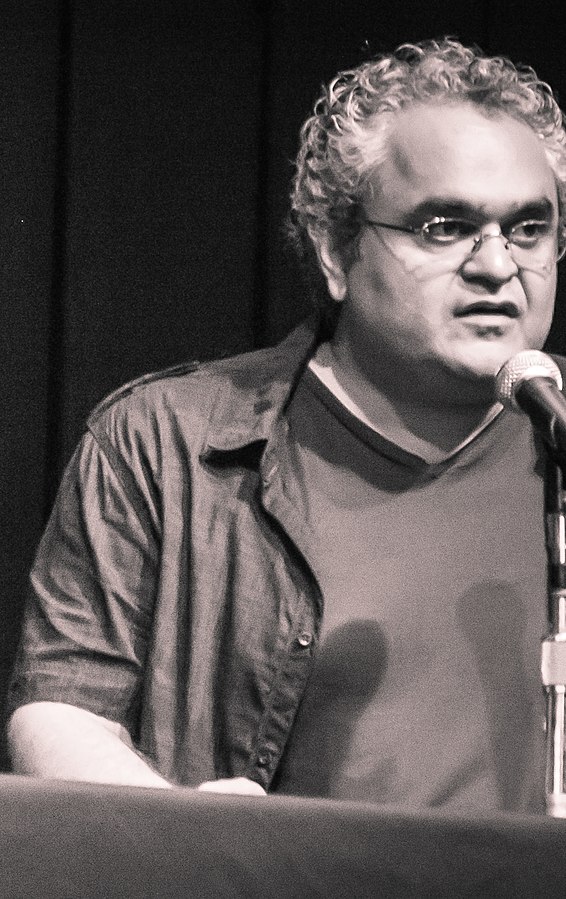
Author: Bahman from Toronto, Canada. CC BY 2.0.
Almost 19 years ago last month, I was arrested on the streets of Tehran by the notorious plain-clothed agents of the Islamic Republic of Iran security forces. [Fellow filmmaker] Jafar Panahi and I were running some errands in his car on a hot summer day when we were swarmed by agents. Within minutes, I found myself in the back seat of an unmarked car with two agents on either side. I looked out of the back window and saw Jafar looking on worriedly as we sped away.
That day, it was my turn. Within hours, agents swarmed the film lab and confiscated all of the material for my film “The Silence Between Two Thoughts.” My offices were raided, and everything except the furniture was confiscated. Jafar found where I was being held. He called my father, and together with some other friends, they held a vigil outside of the building asking for my release.
That was 19 years ago — and unfortunately nothing has changed. In fact, things have gotten far worse. Mohammad Rasoulof and Mostafa Al-Ahmad were arrested on July 8. Two days later, Jafar Panahi and several other Iranian filmmakers visited the judicial offices in Tehran to protest the arrests and demanded the immediate release of their colleagues. Jafar was singled out, reprimanded and put under arrest.
Now we have three renowned international filmmakers in prison. They are under arrest after signing a petition addressed to the armed forces of their country asking them to put their weapons down and not to attack their fellow citizens. These three filmmakers represent the vast majority of Iranian artists who deplore violence and who want their fellow citizens to live in a free, democratic society at peace with the world.
Meanwhile, persecutions continue to intensify, civil protests spread everywhere in the country, and violent crackdowns escalate, wreaking havoc on a nation of 85 million. From young girls on the street who are dragged on the asphalt and thrown in the back of vans because their choice of clothing doesn’t meet Islamic Republic standards, to pensioners who face armed anti-riot troops because they demand their life savings back, the Iranian people seem overtaken by an army of invaders.
Since my stint with the regime almost two decades ago, Zahra Kazemi, an Iranian-Canadian photographer, has died under torture in Evin prison; Kavous Seyed-Emami, another Iranian-Canadian environmental scientist, was found dead in his prison cell; Neda Agha Soltan, a young student, was shot in the throat on the streets of Tehran; Pouya Bakhtiari was shot in the head during peaceful protests.
More than 1,500 people were killed in less than four days during the November 2019 protests. In January 2020, a Ukrainian passenger plane was shot down by the Islamic Revolutionary Guards just three minutes after takeoff from Tehran, killing 55 Canadian citizens.
The statistics are nauseating, and there seems to be no end in sight. In fact, the leader of this army of invaders recently stated his nostalgia for the 1980s, a decade in which tens of thousands who were already serving their sentences in prison were executed in a matter of weeks. The current president of the Islamic Republic of Iran was a member of the infamous death panel that presided over those proceedings.
What does the rest of the world think? Belgium’s parliament is passing a law that will legalize blackmail and the swapping of convicted terrorists with Islamic Republic hostages. The Canadian government seems like a deer in the headlights: After two years, it is yet to bring a case to court demanding justice for the murder of the 177 passengers aboard Ukrainian flight PS752, 55 of whom were their citizens.
And let’s not forget the world’s biggest superpower. The United States is pursuing a 10-year-old JCPOA agreement based on a 50-year- old strategy invented by Richard Nixon: “Decoupling issues in the negotiation process with authoritarian opponents.”
The question is, are we playing into the hands of tyrants and staring into the shiny nuclear object held in our faces, and forgetting about the very core principles that make democracy worth fighting for, meaning human rights, liberty and the freedom to choose our own destiny?

